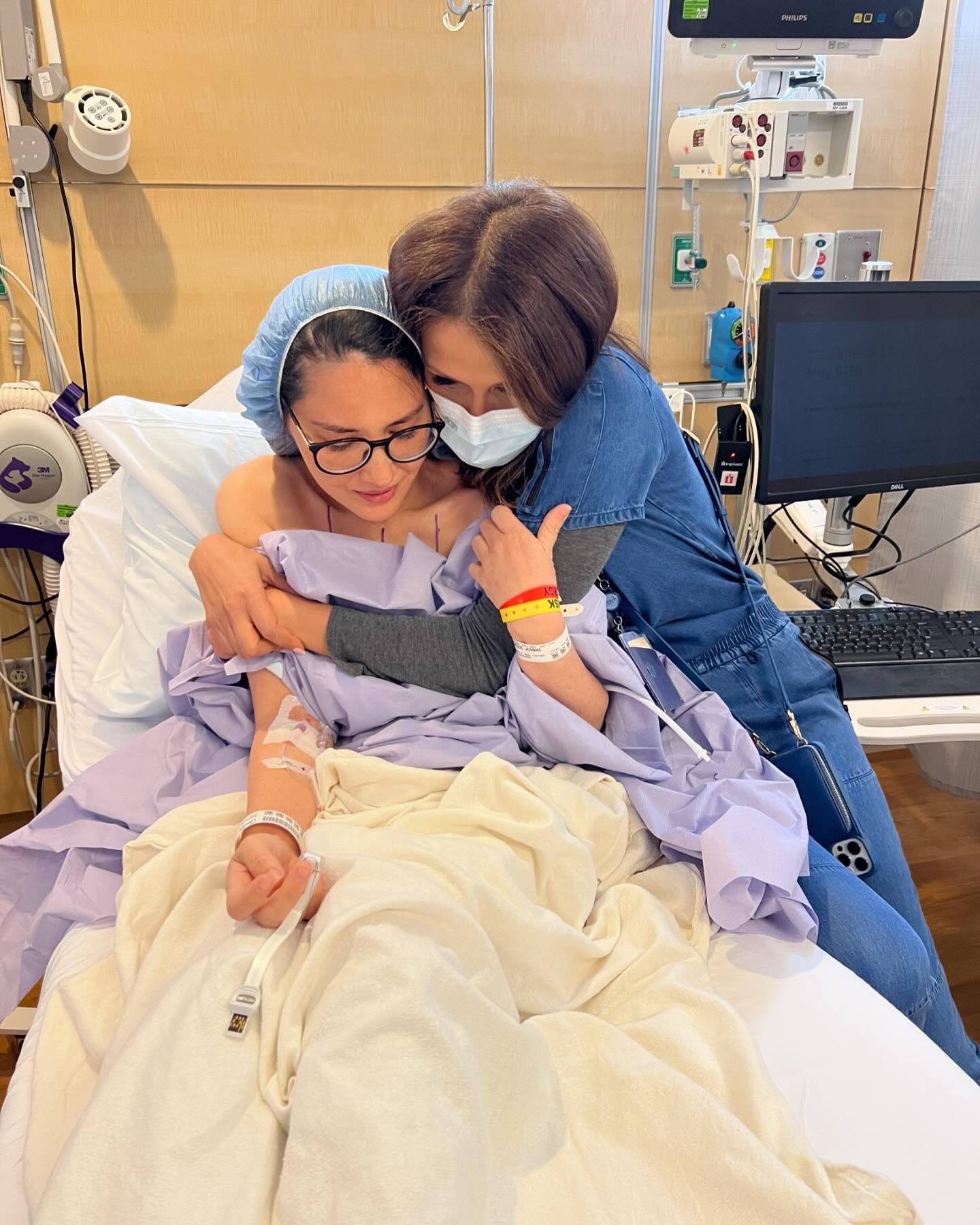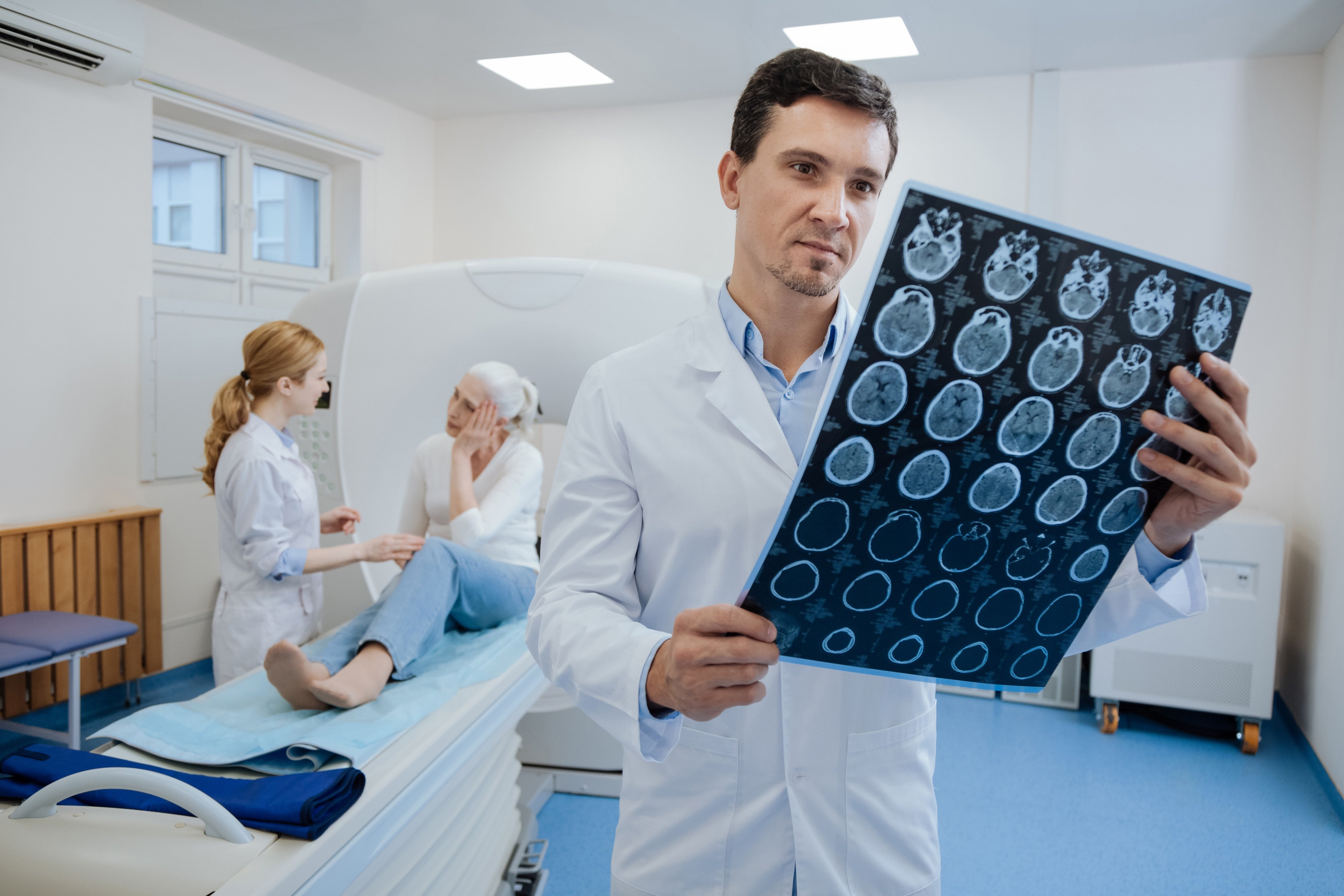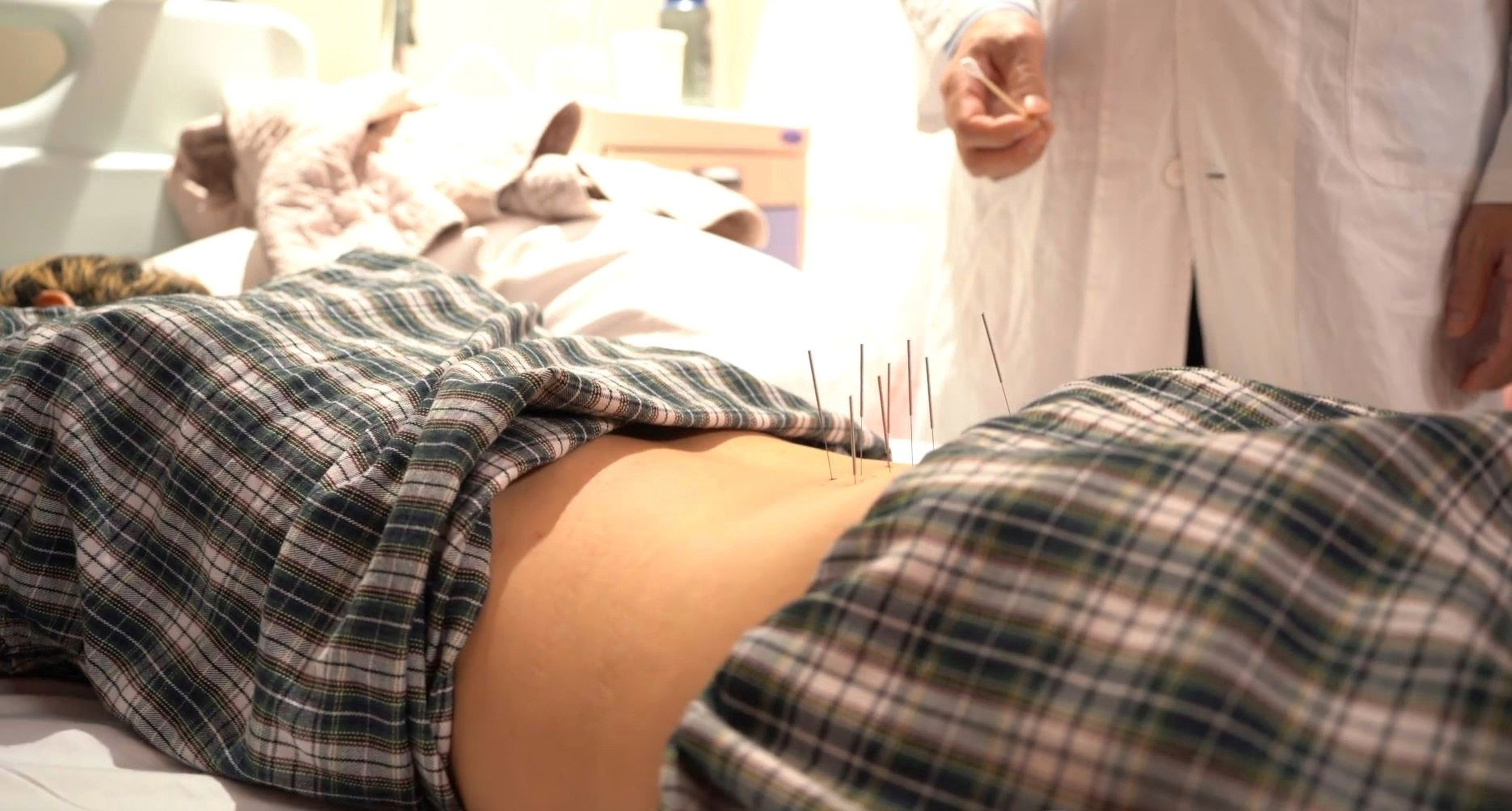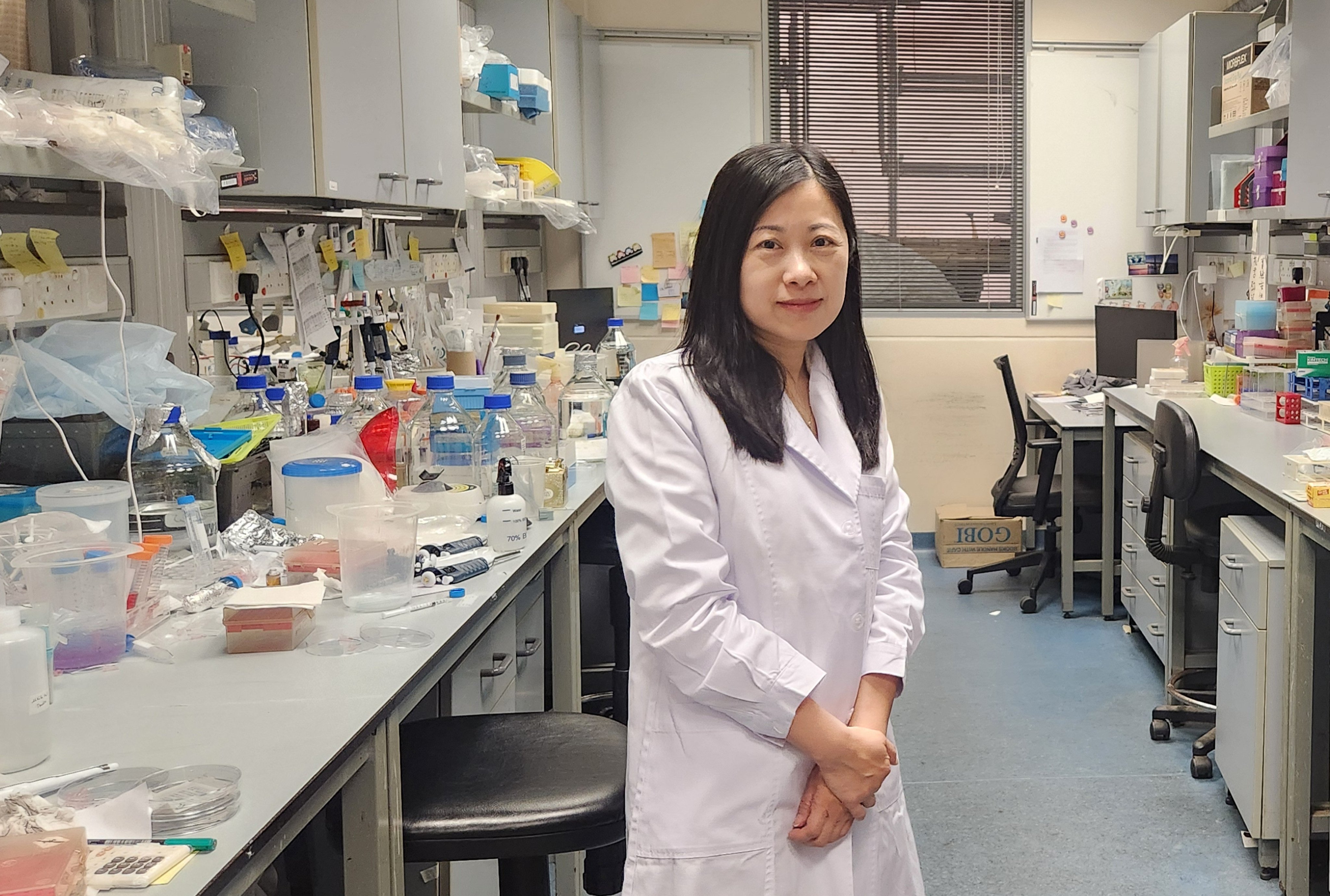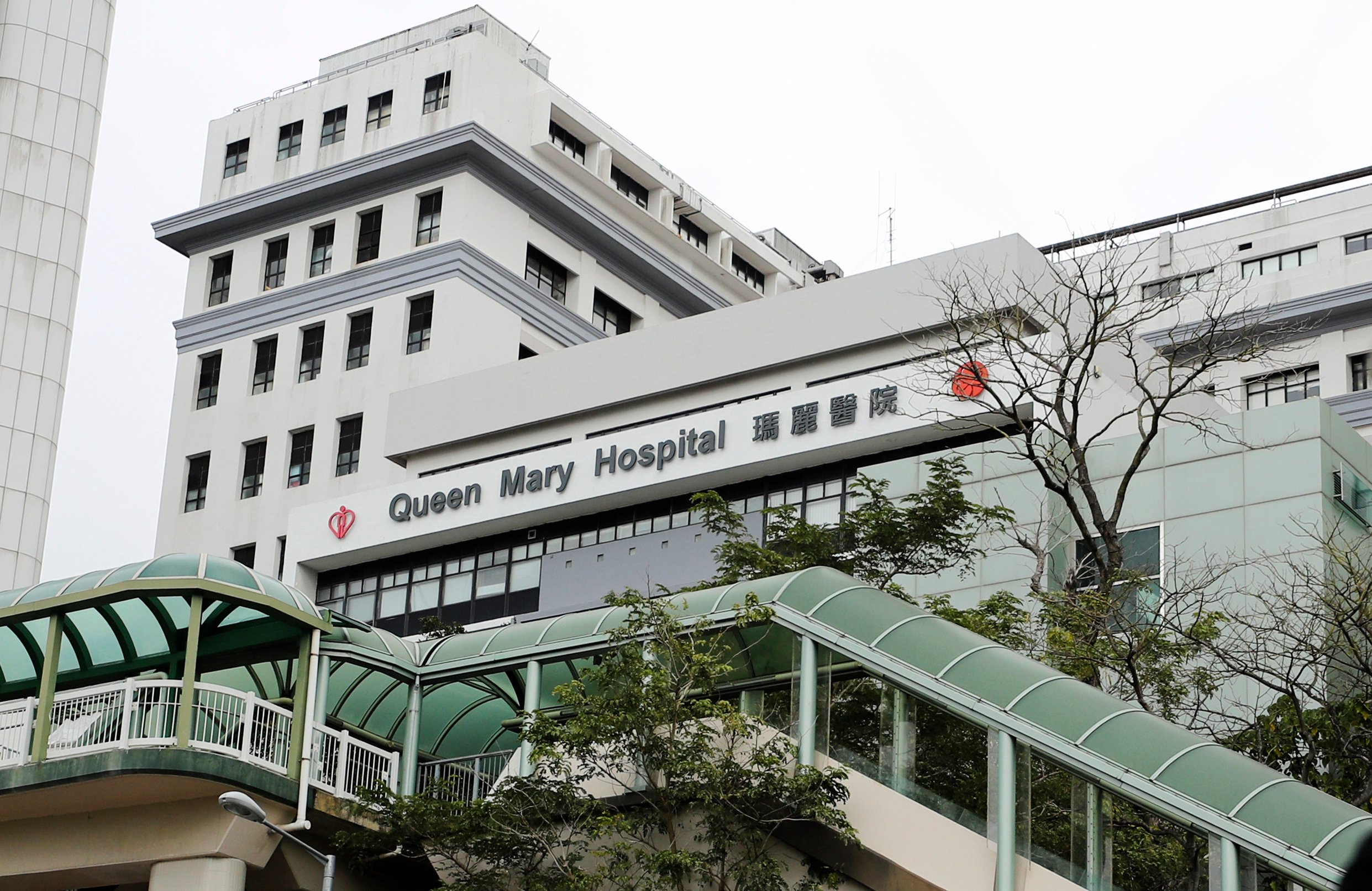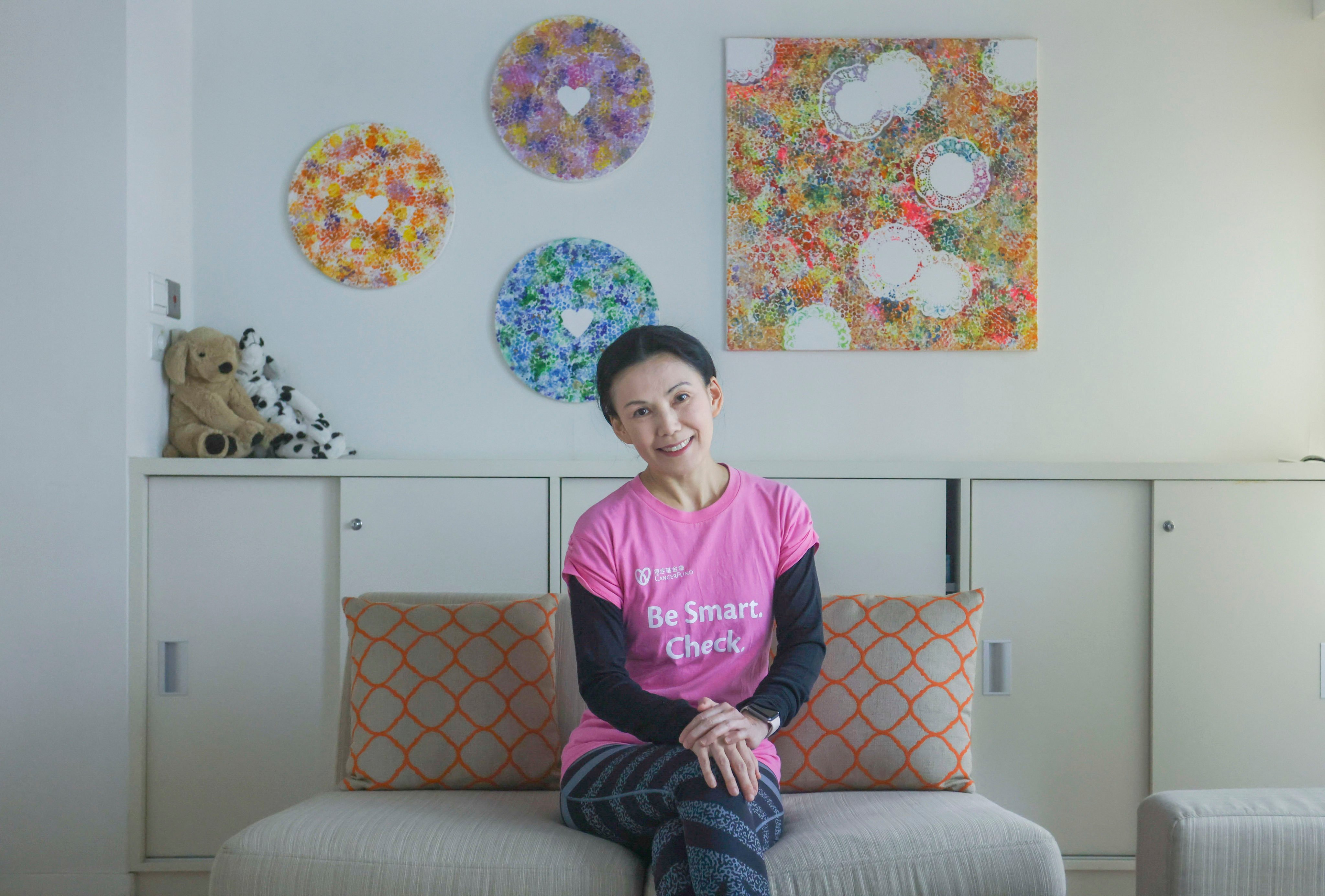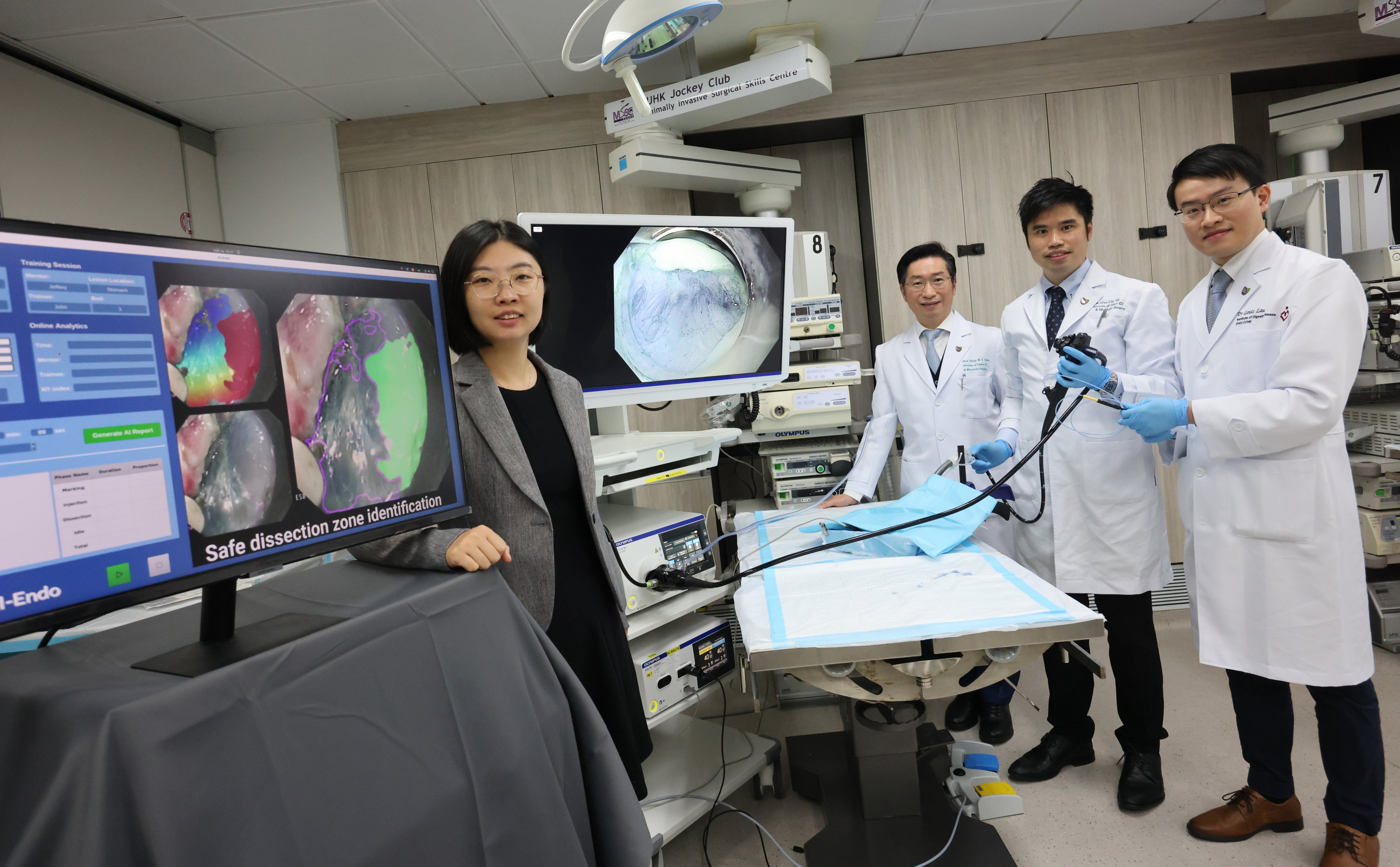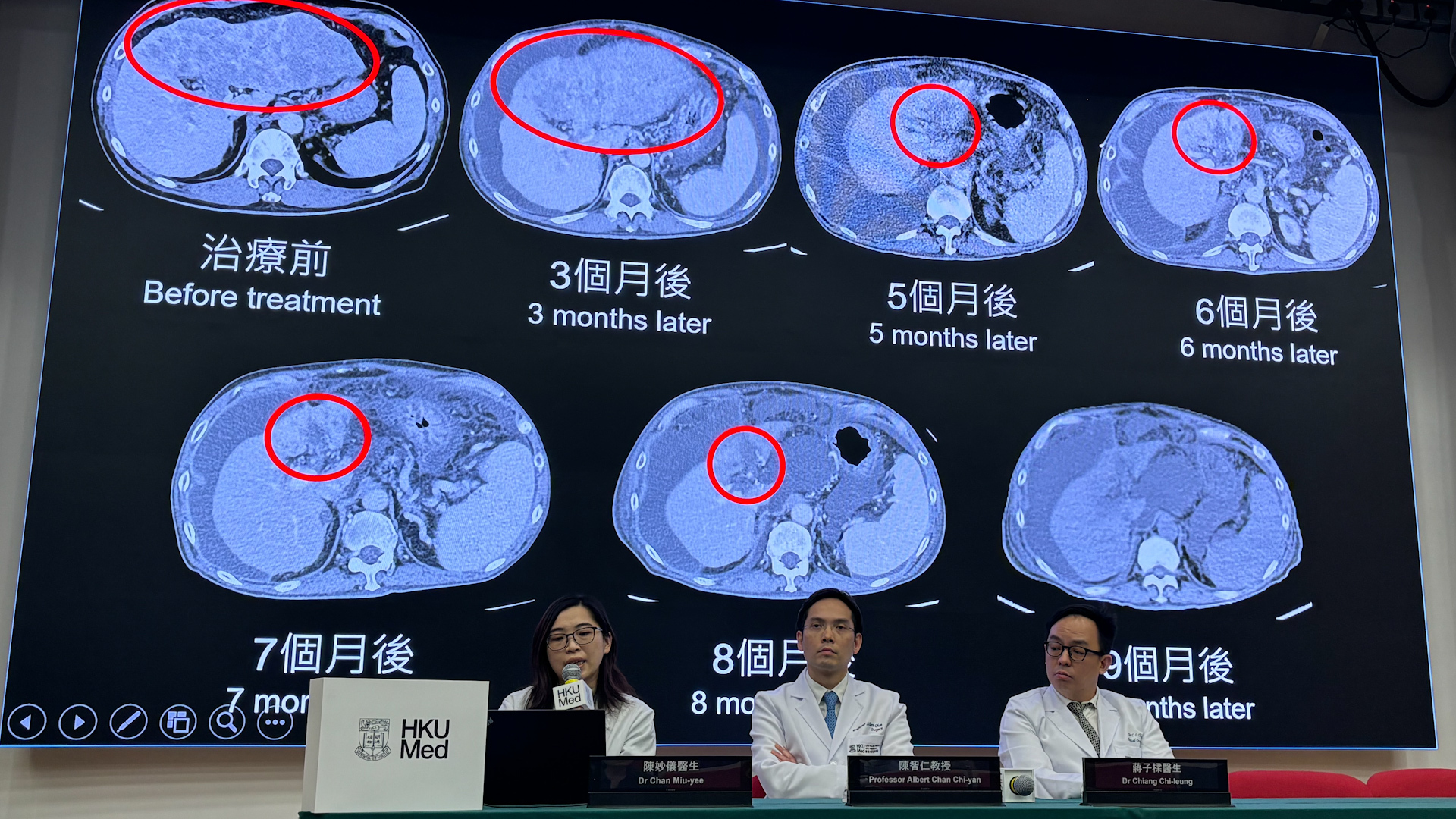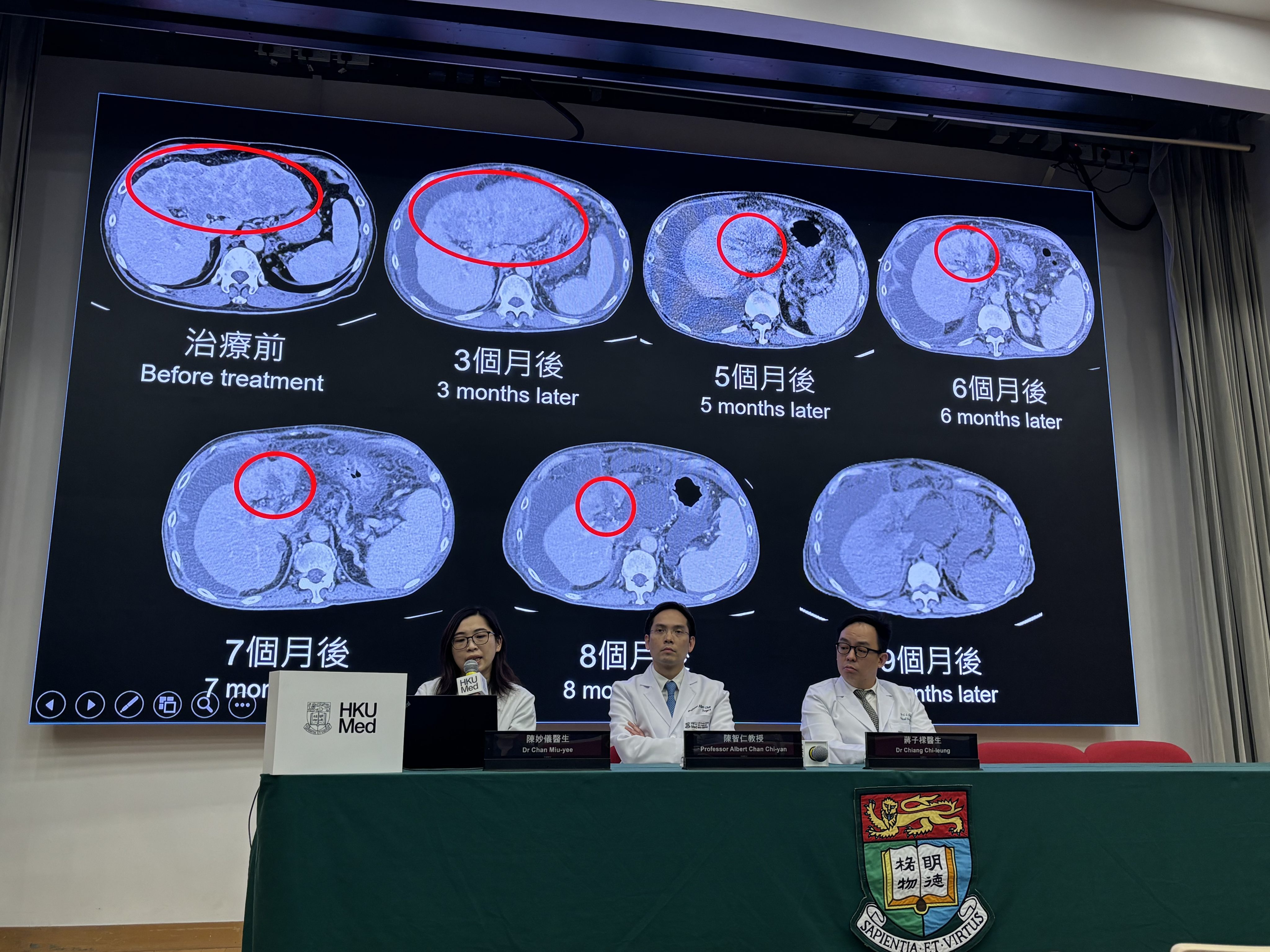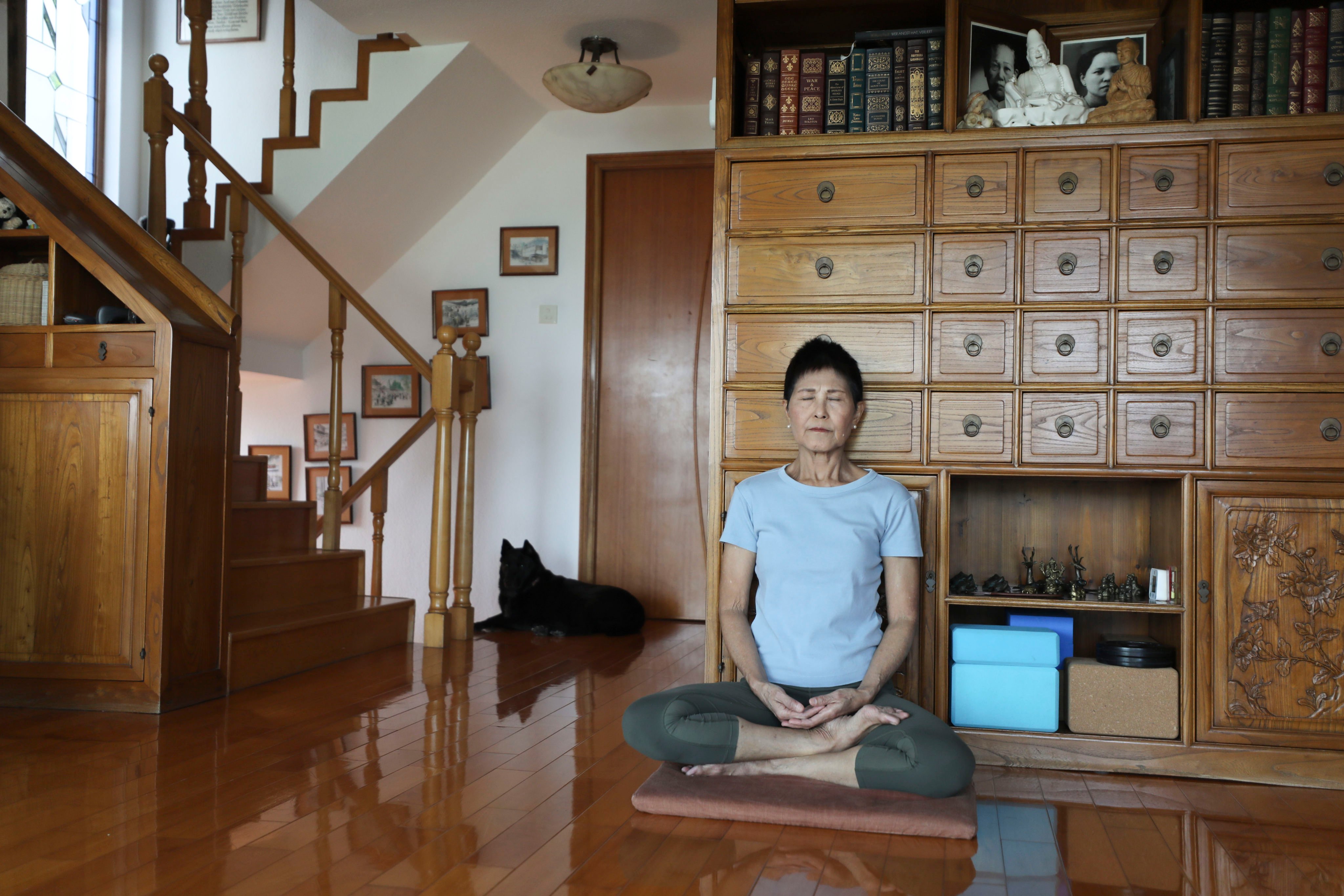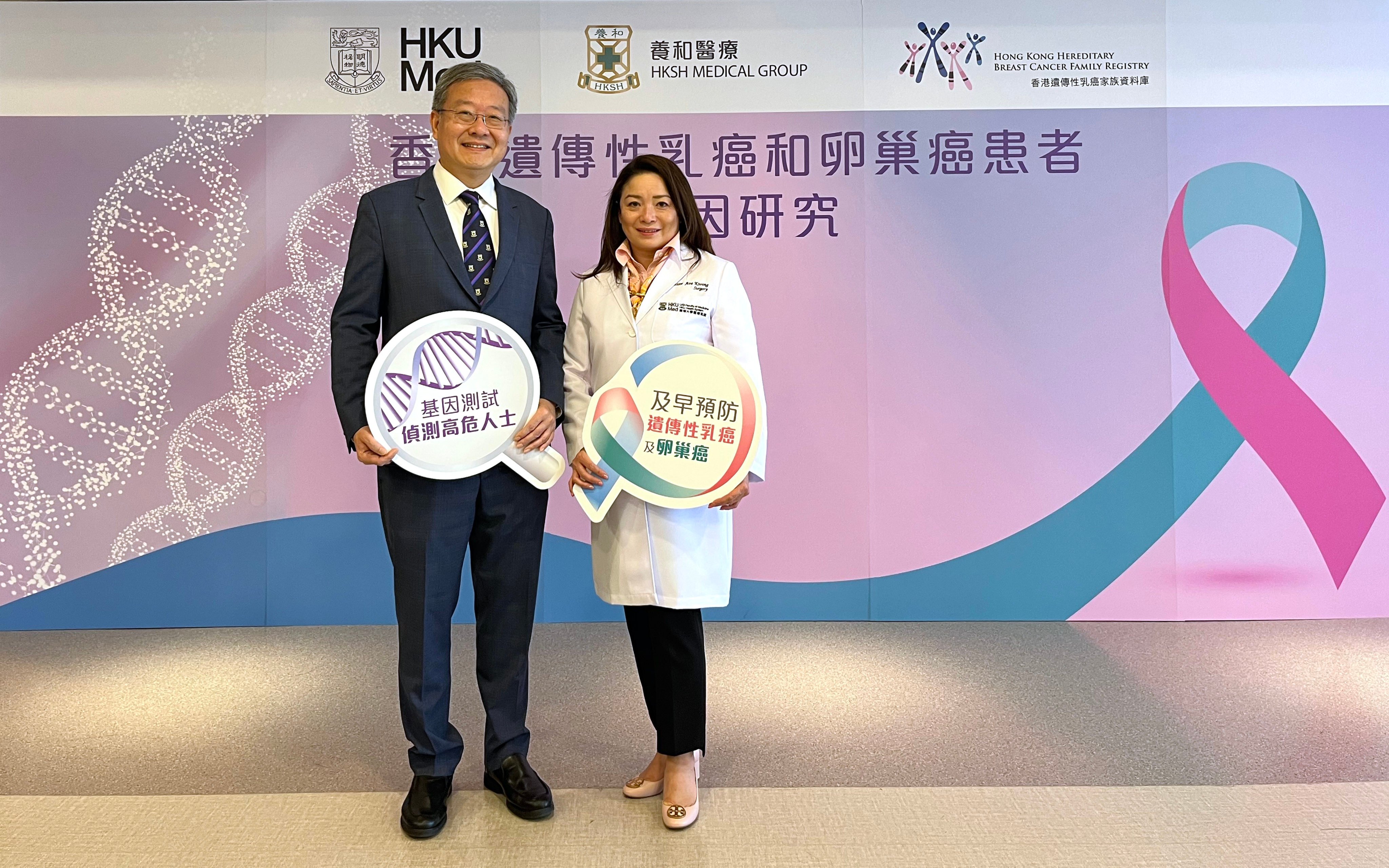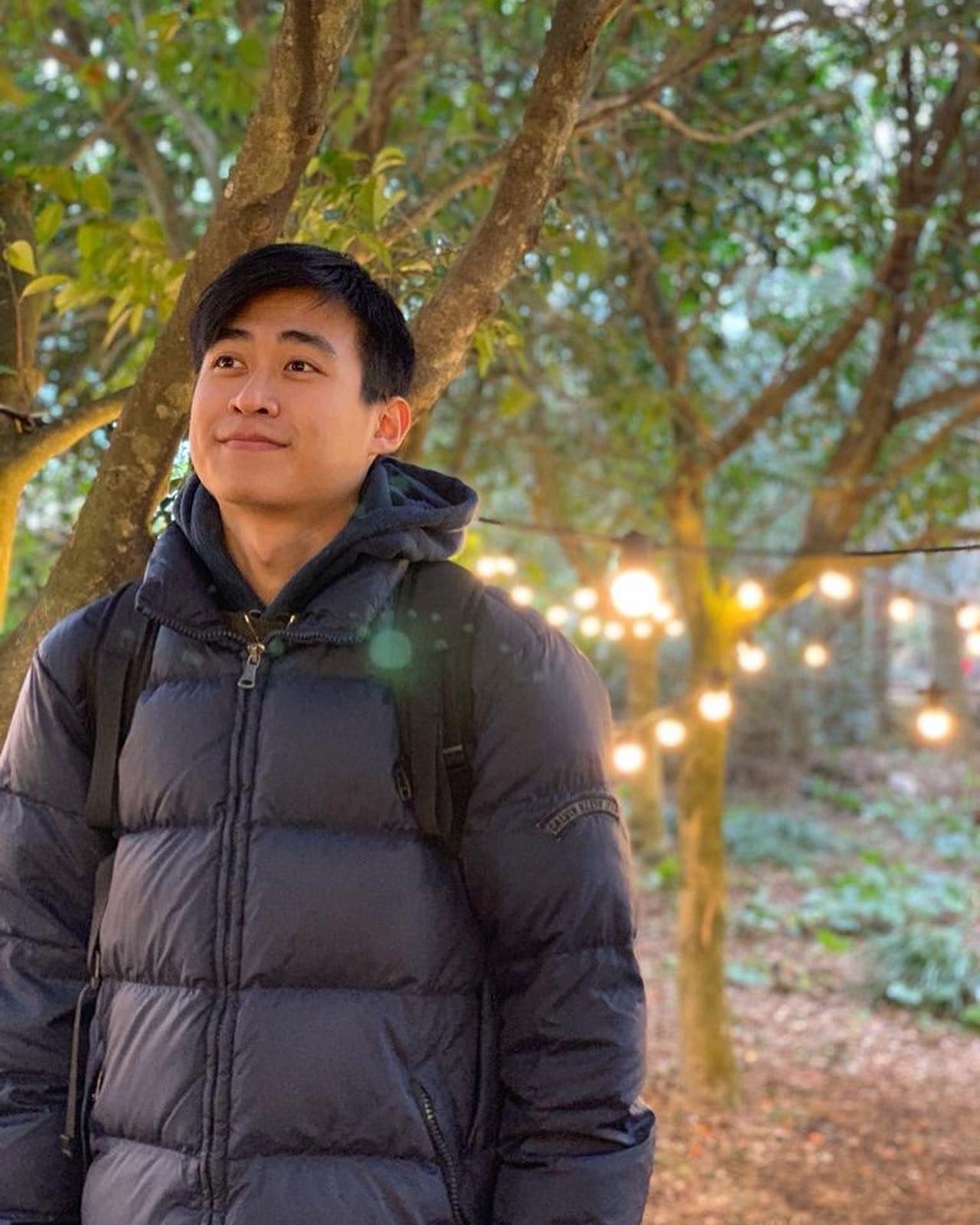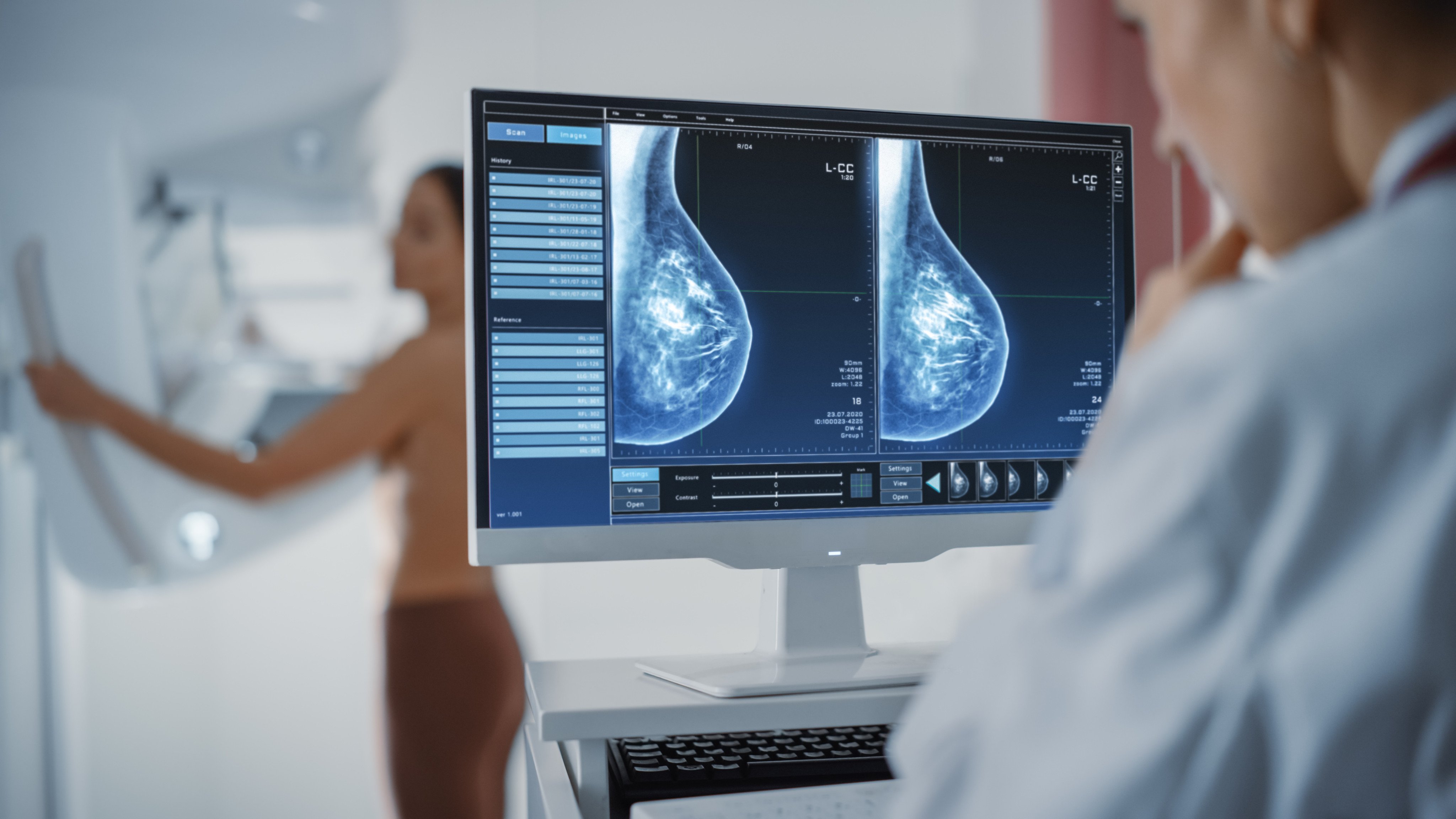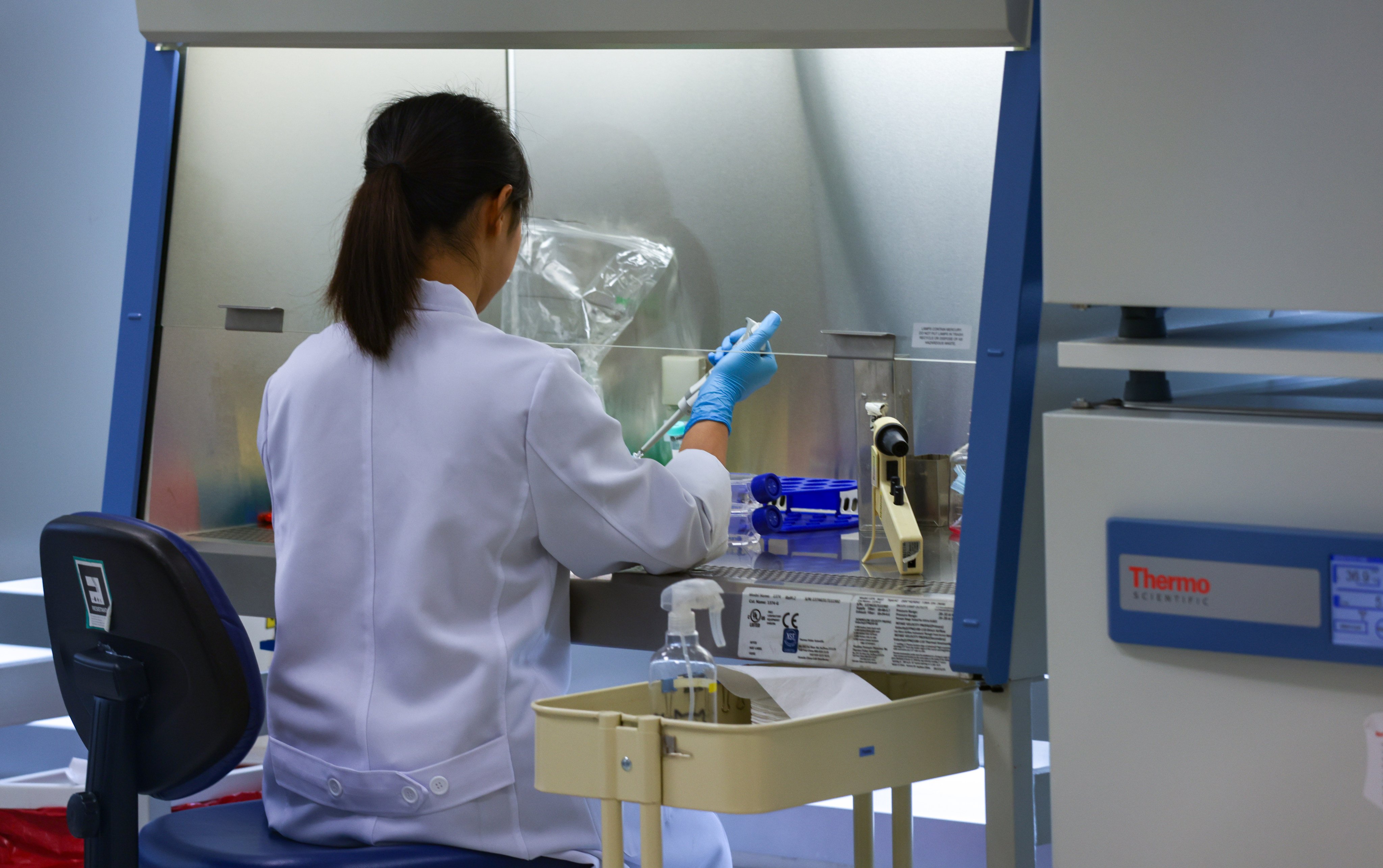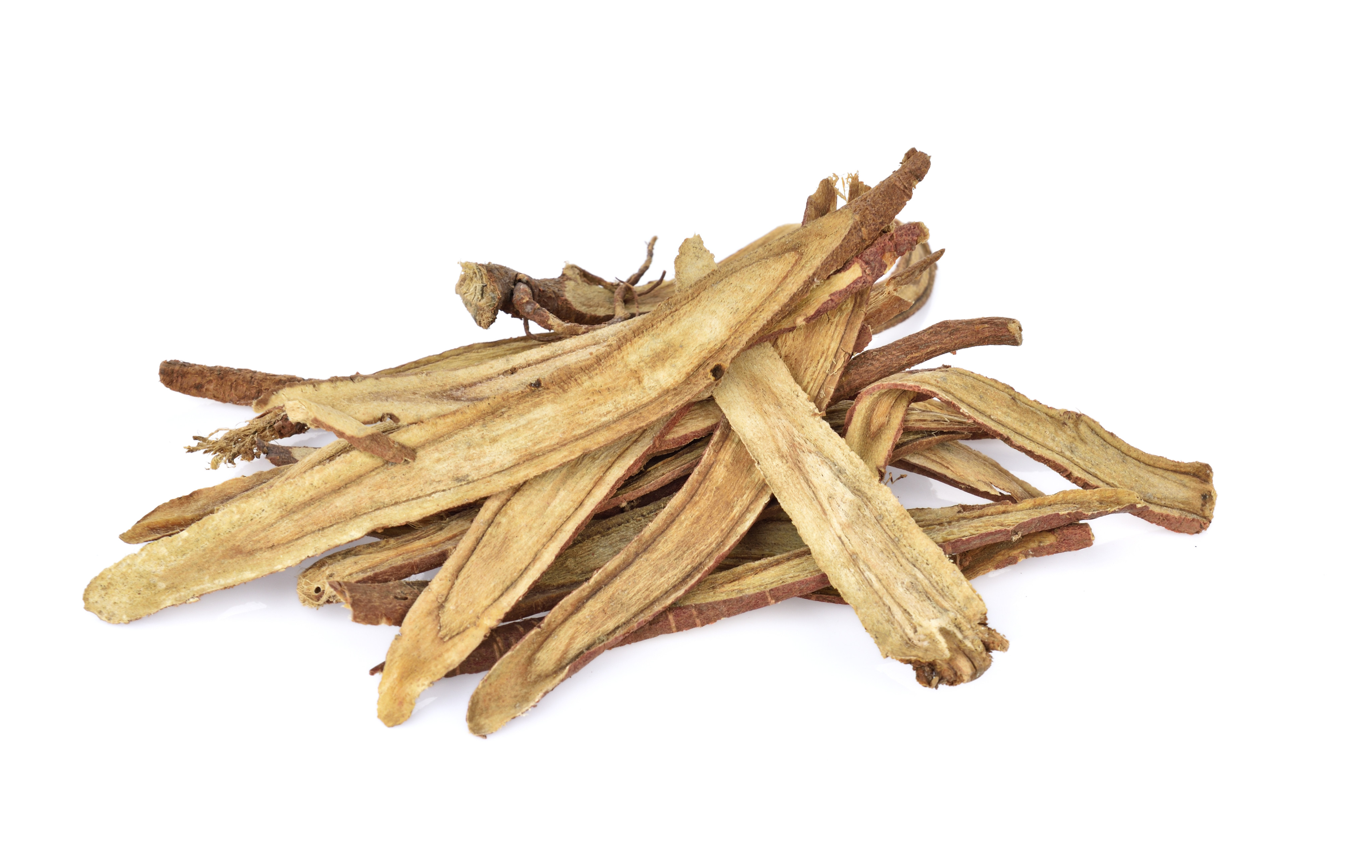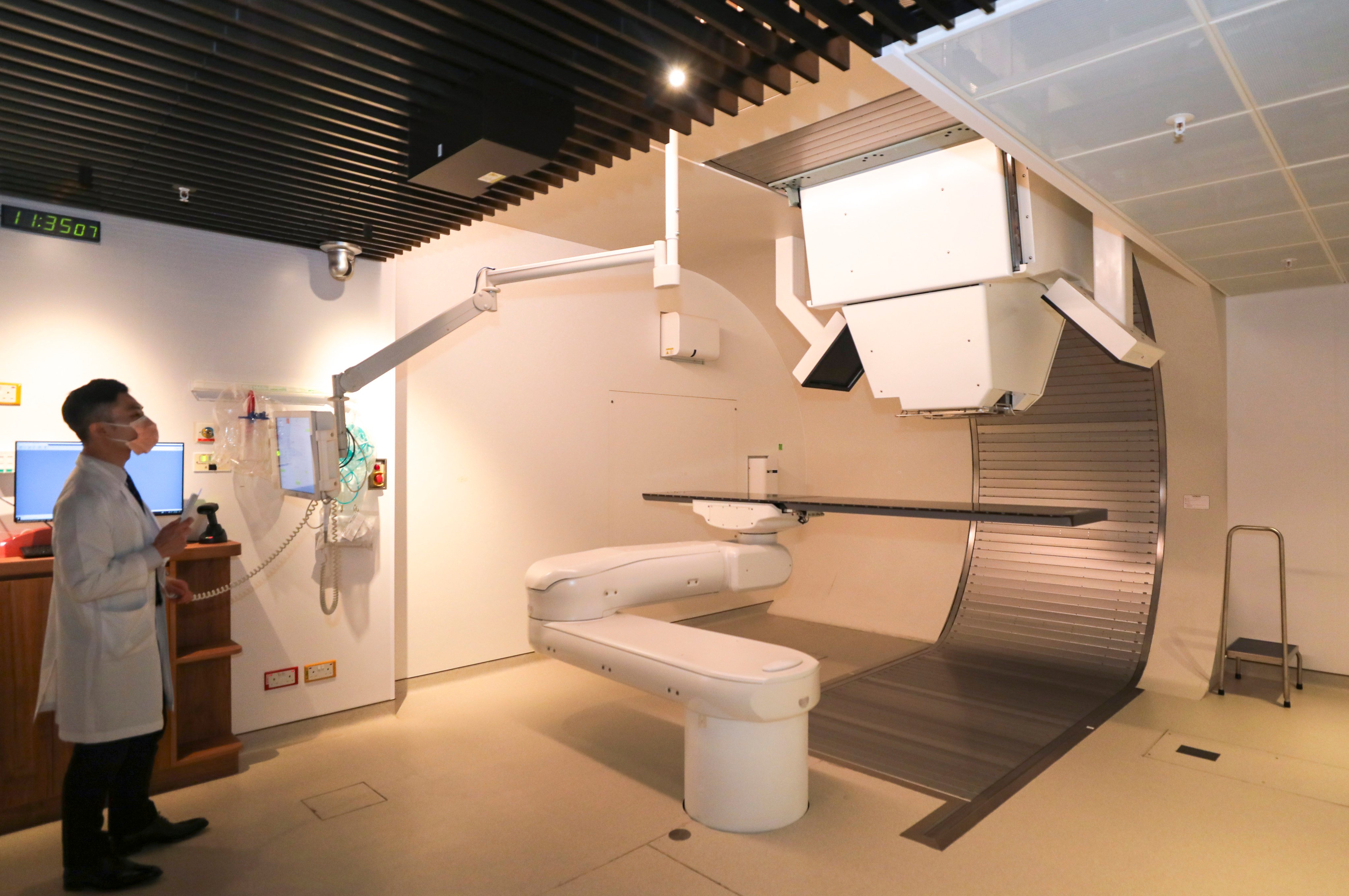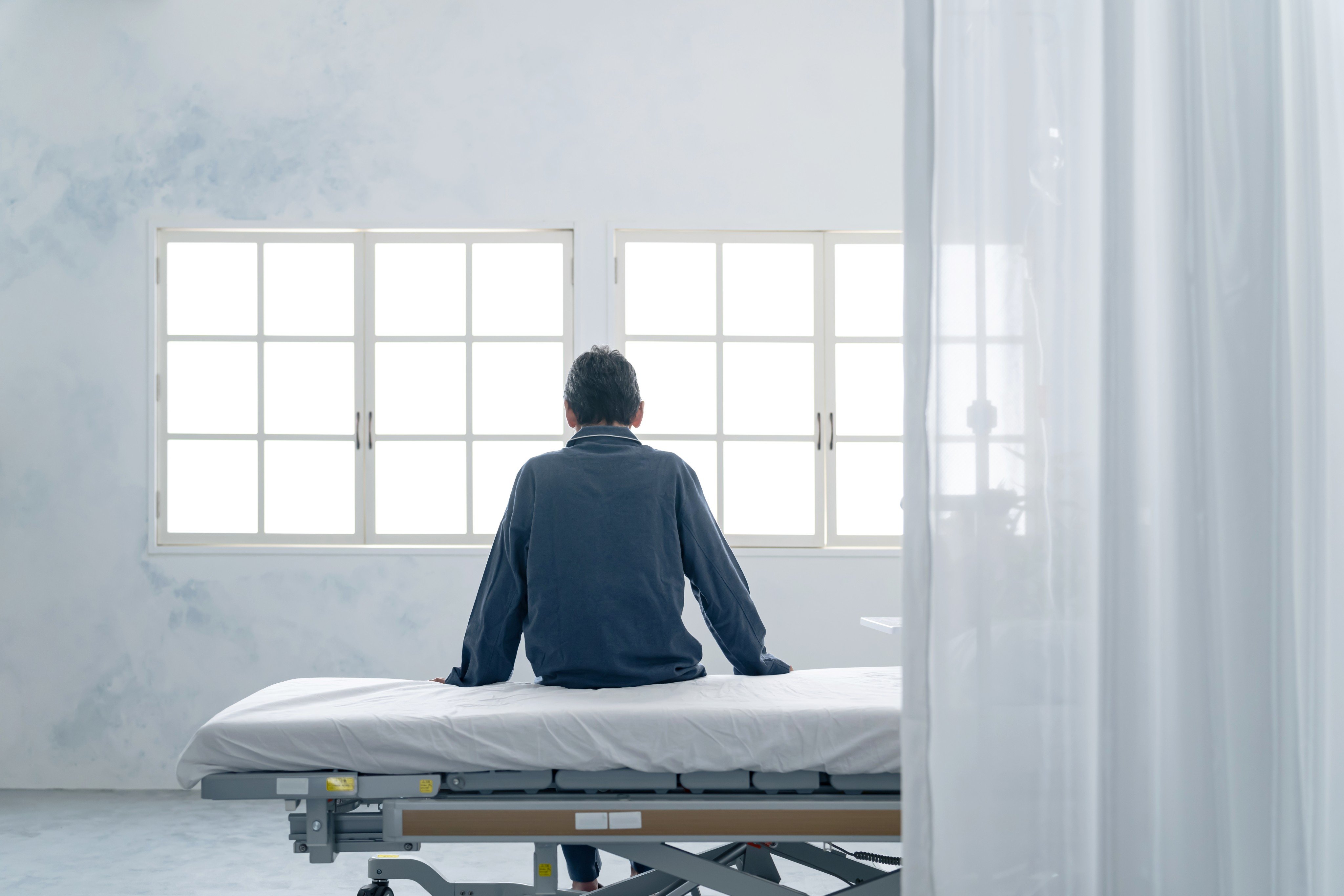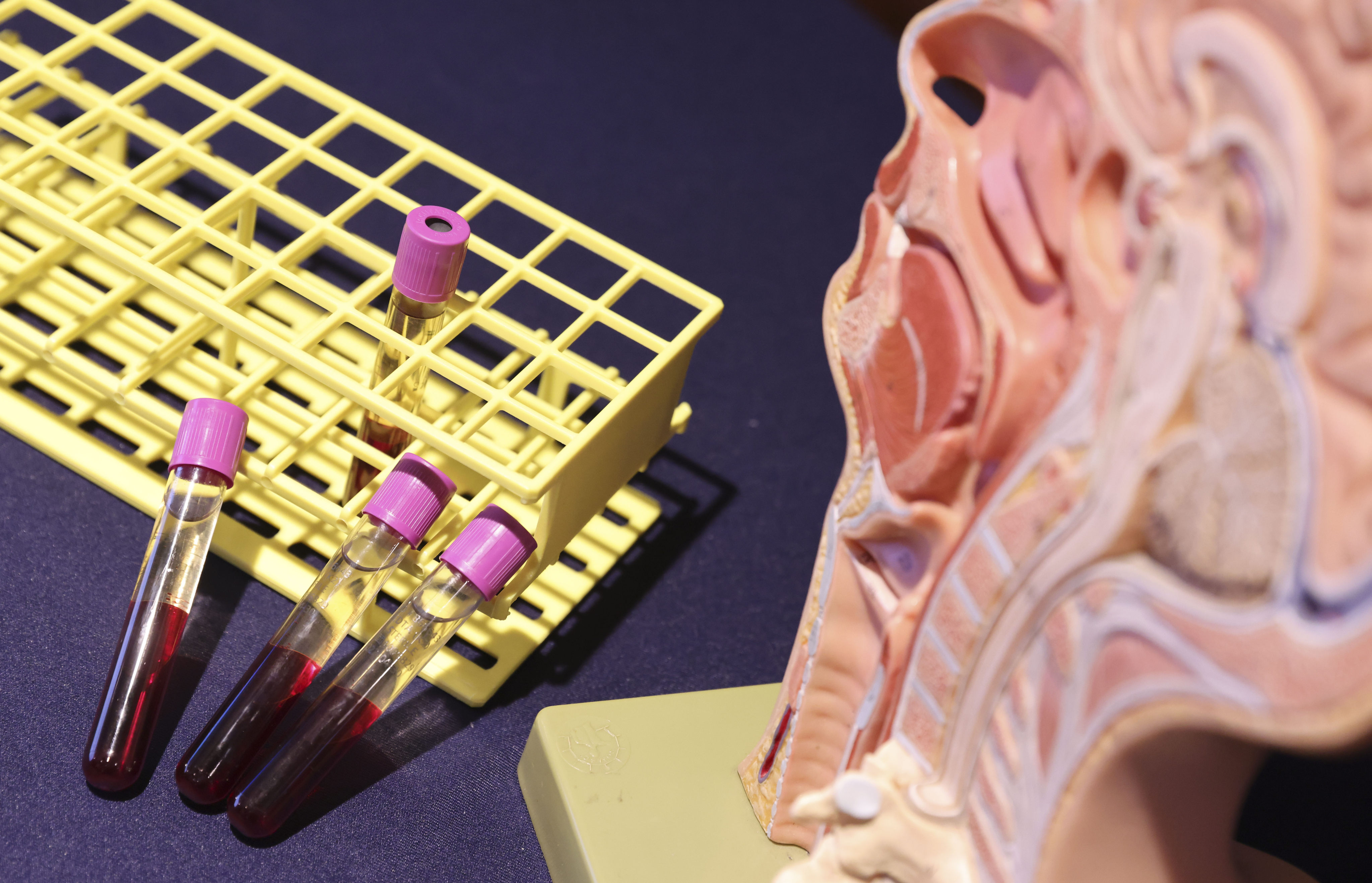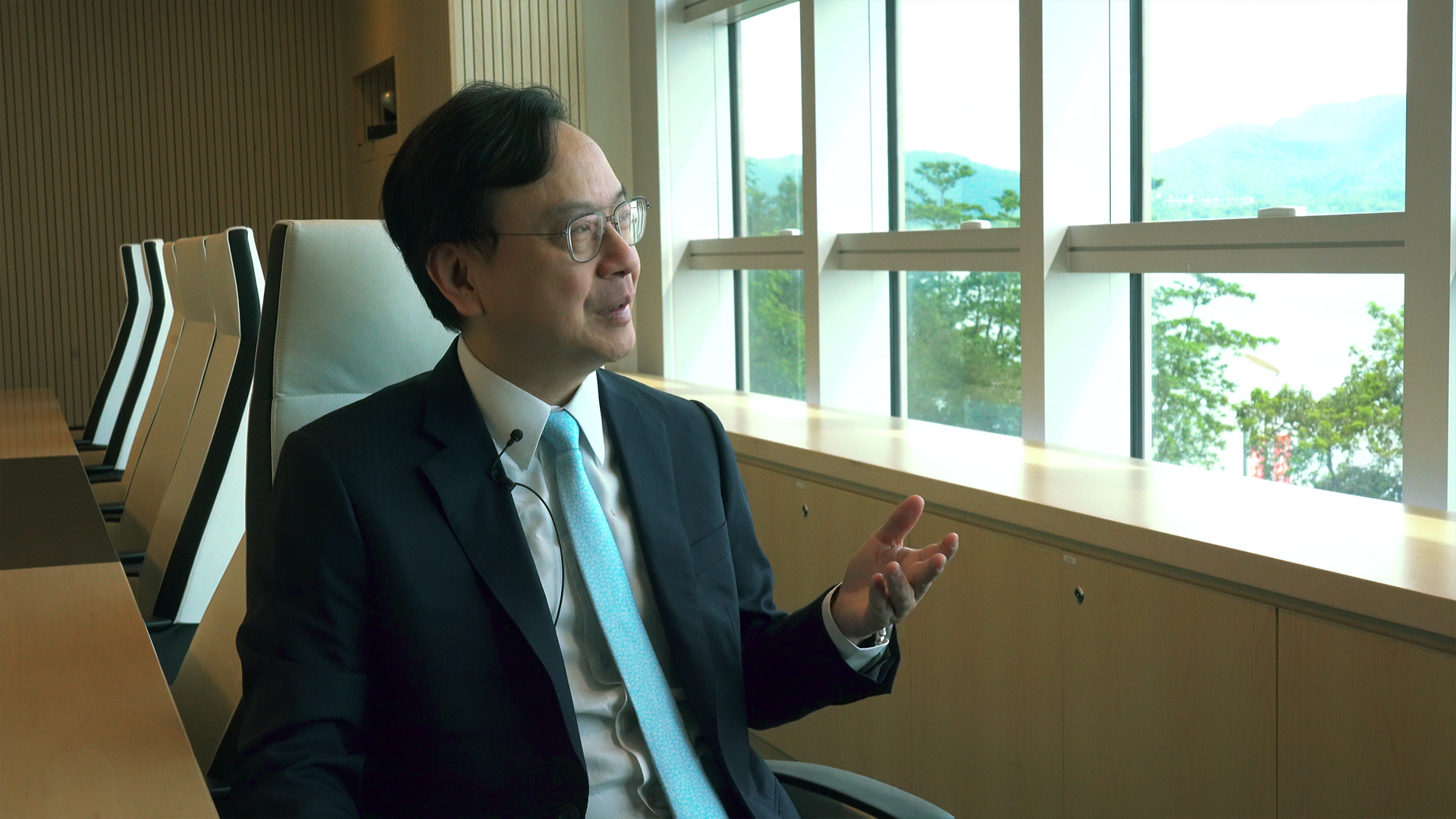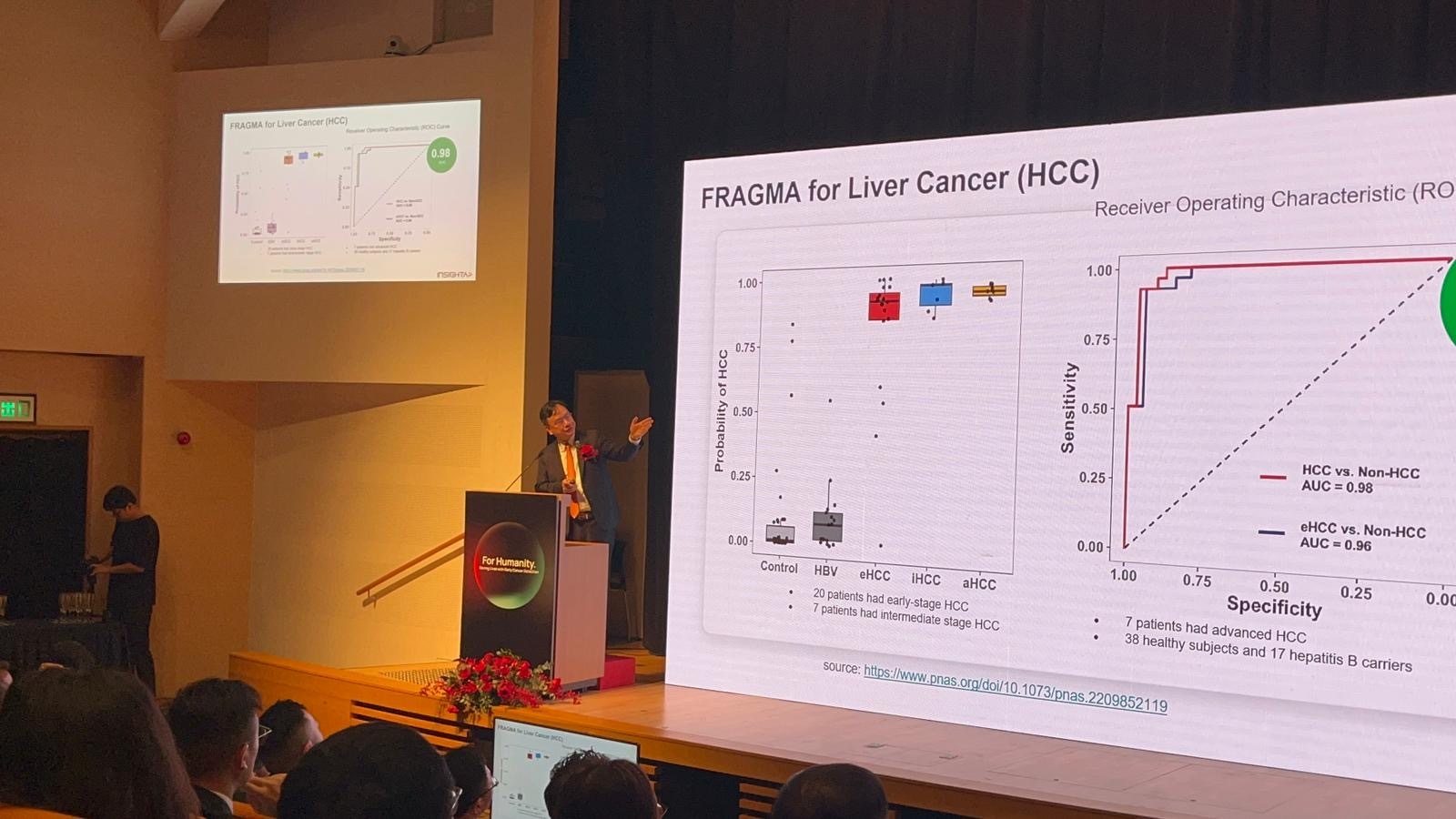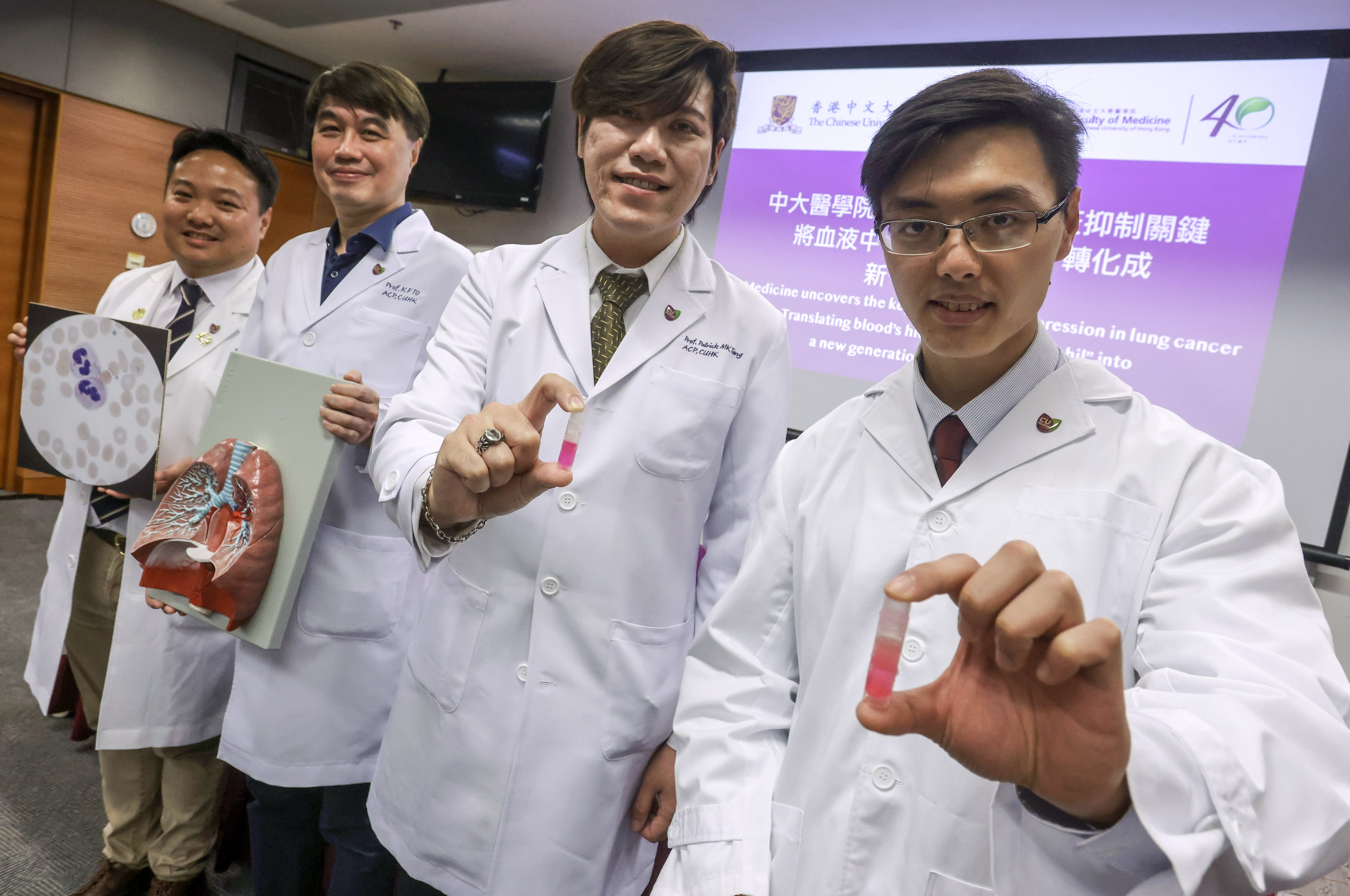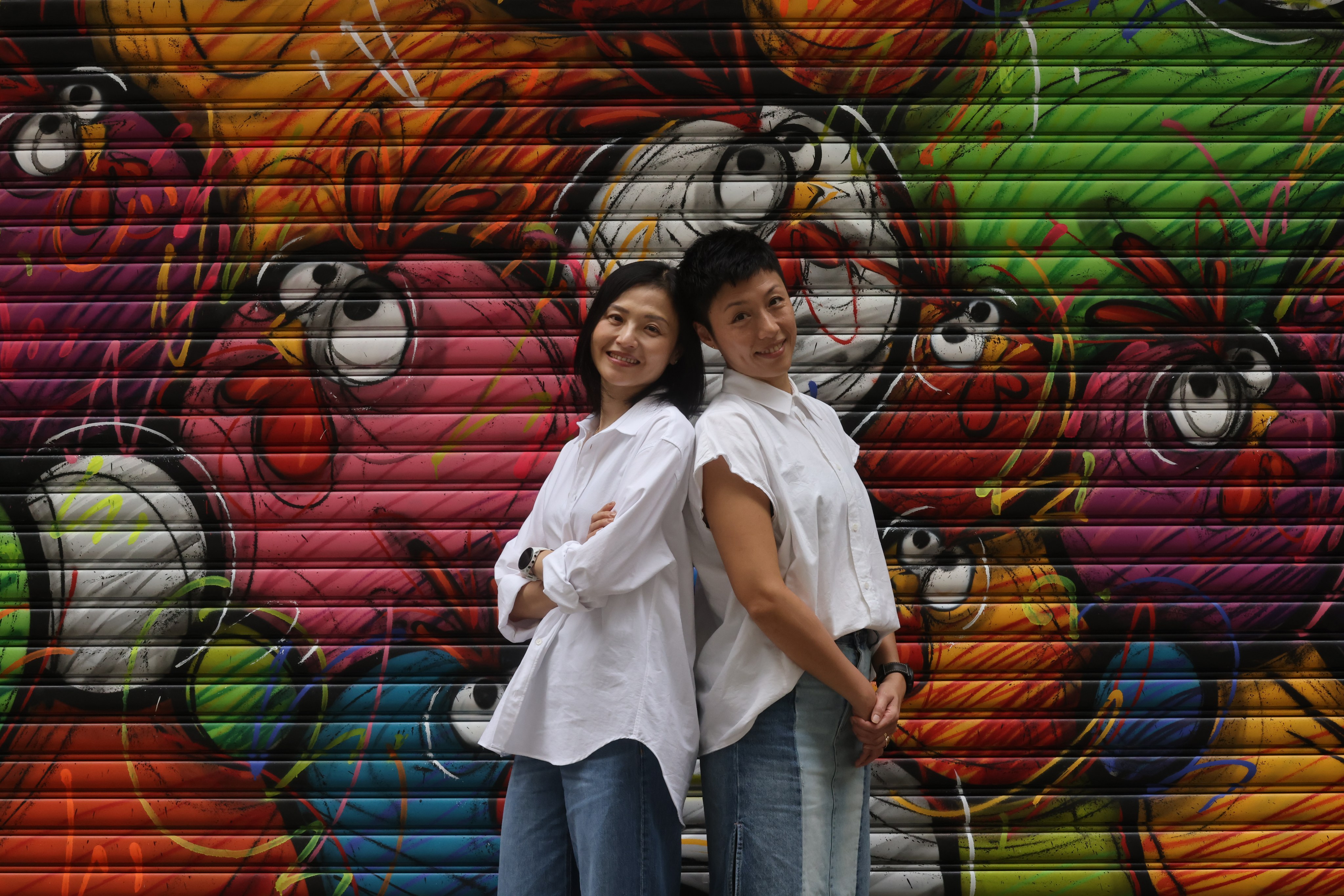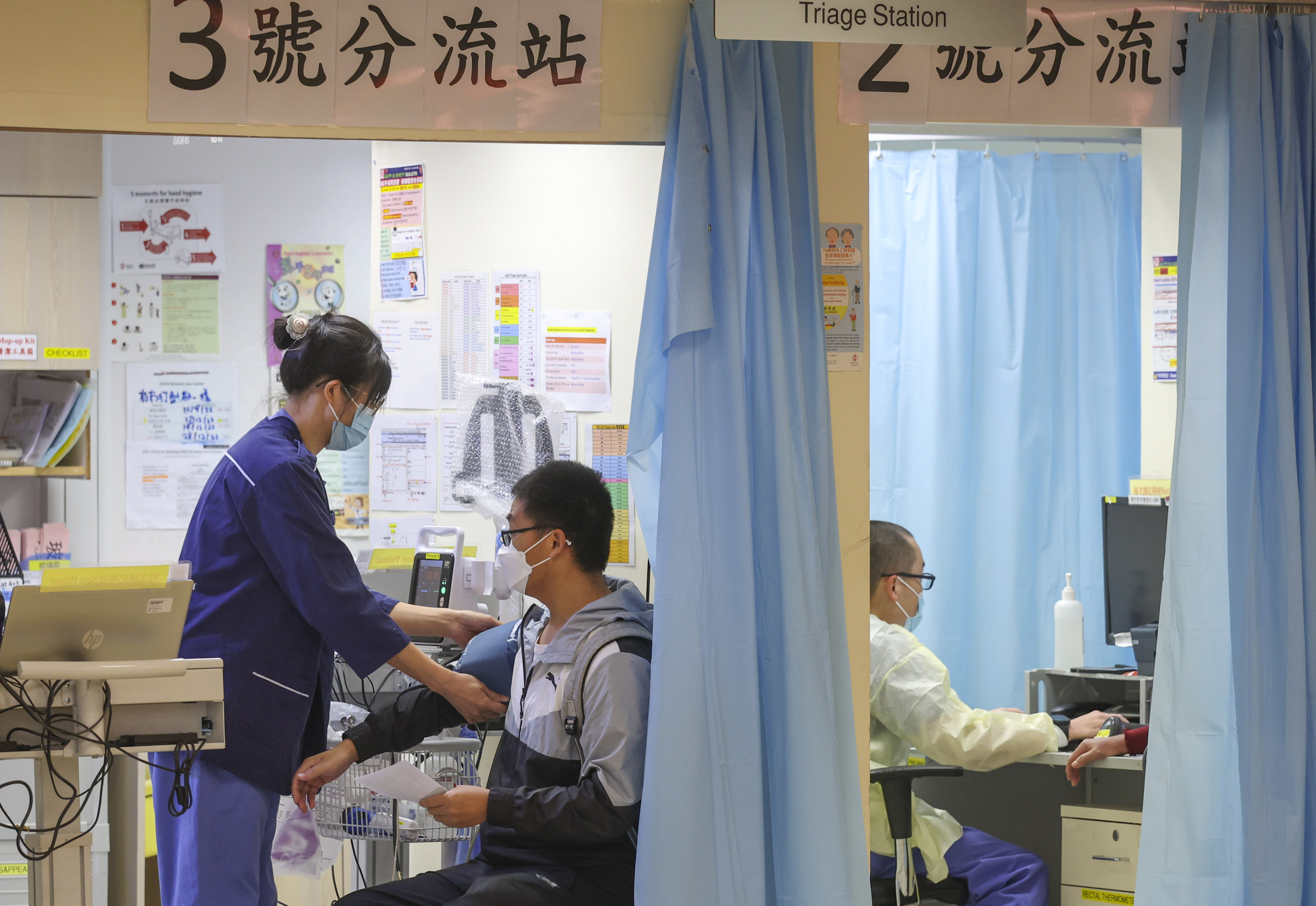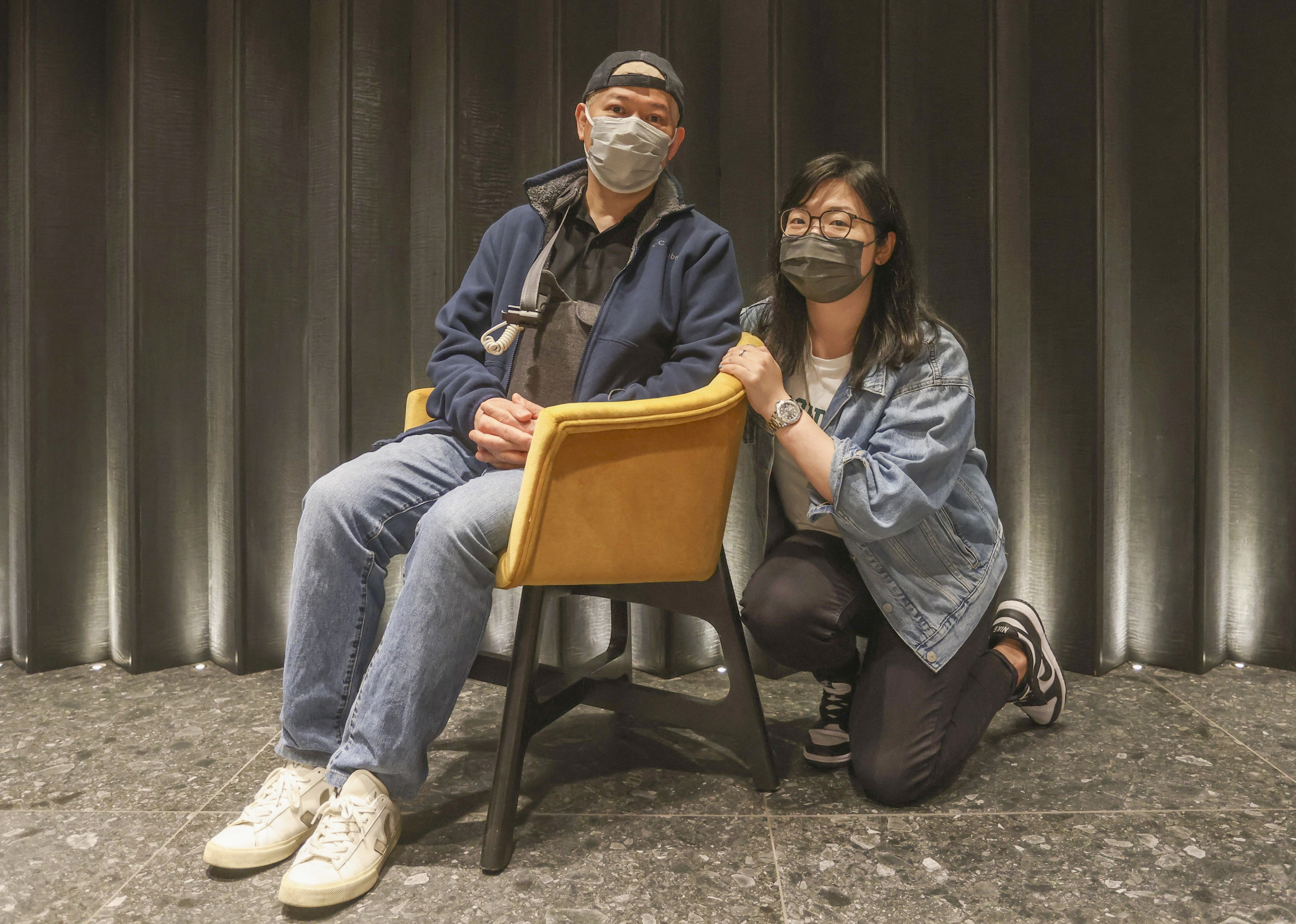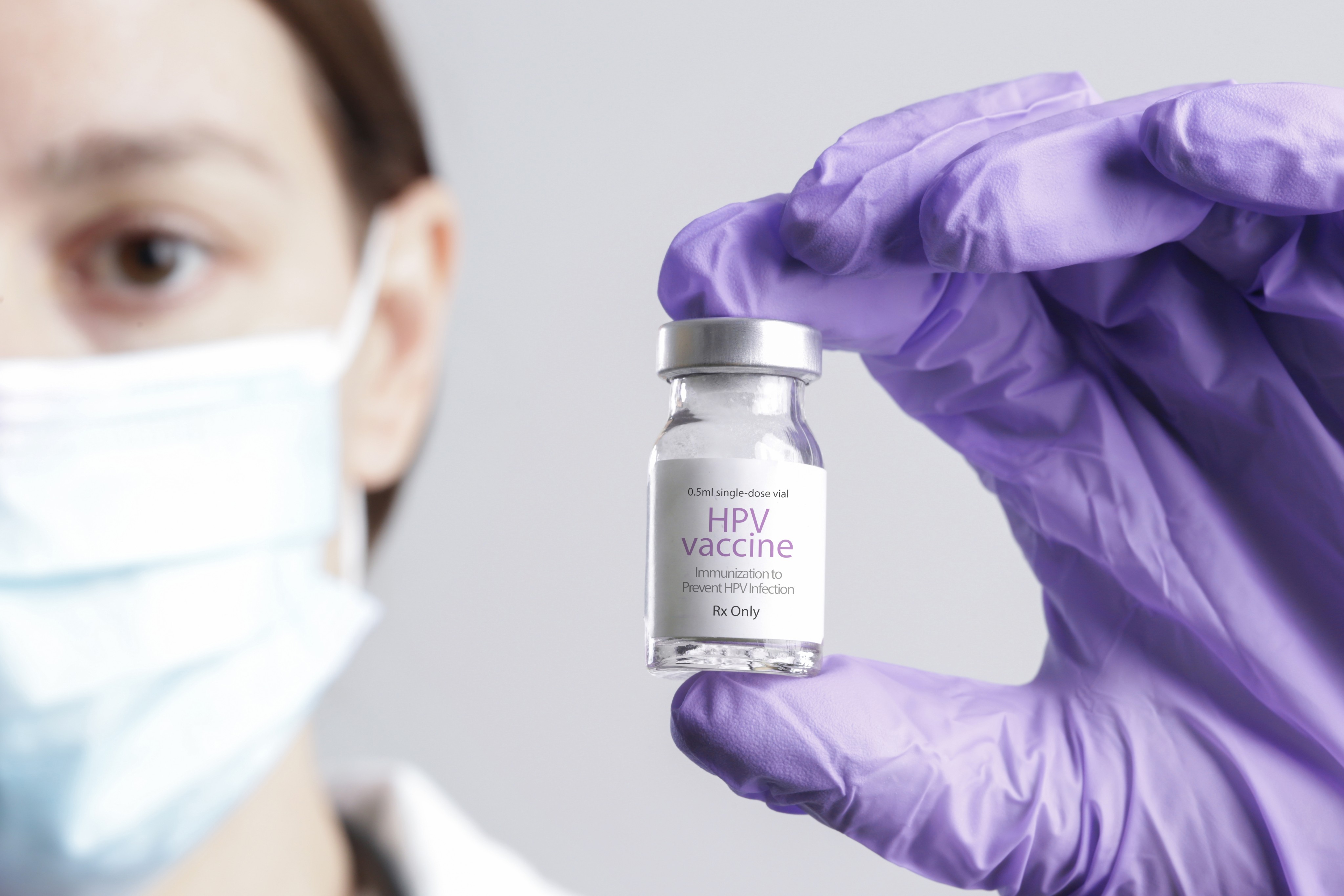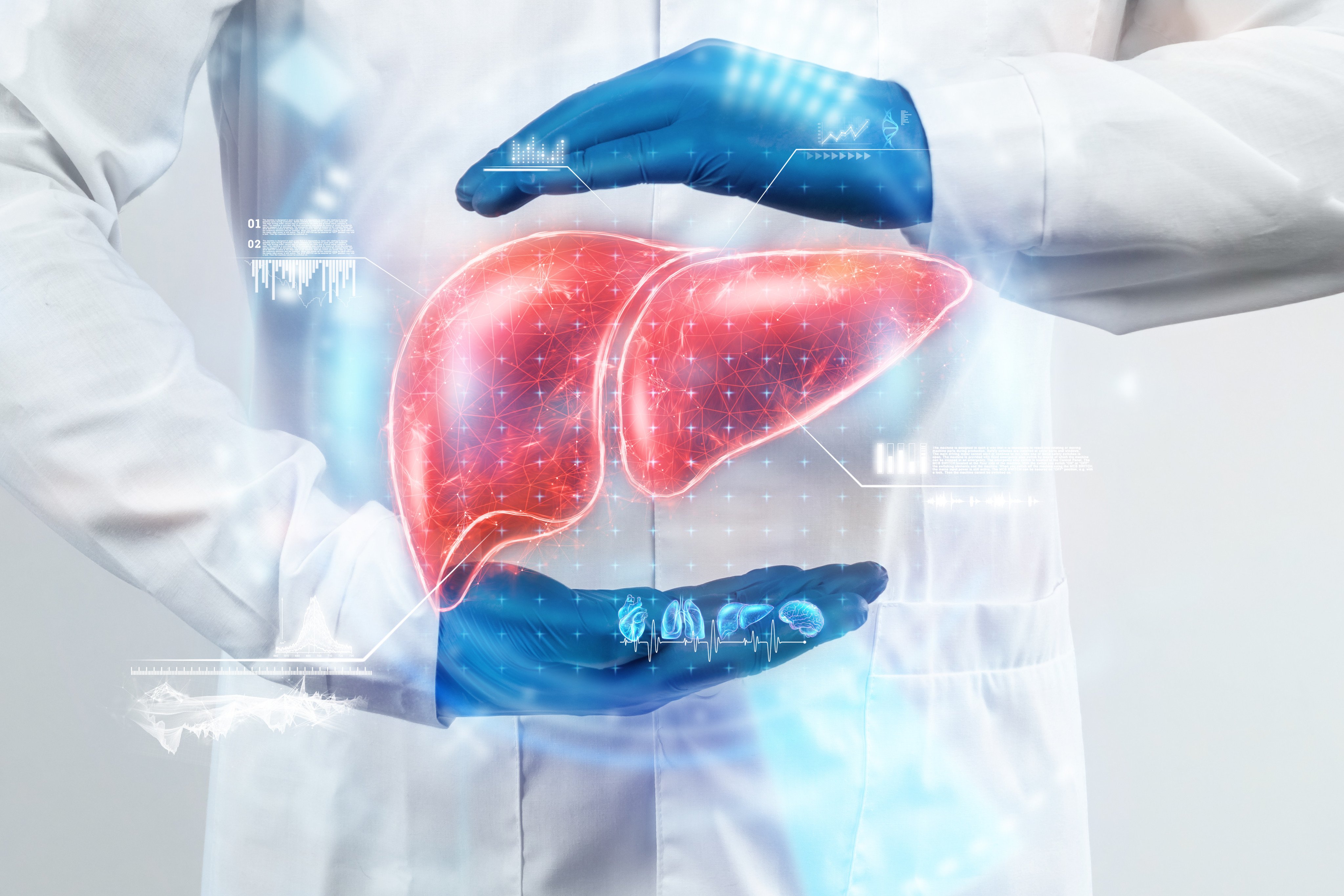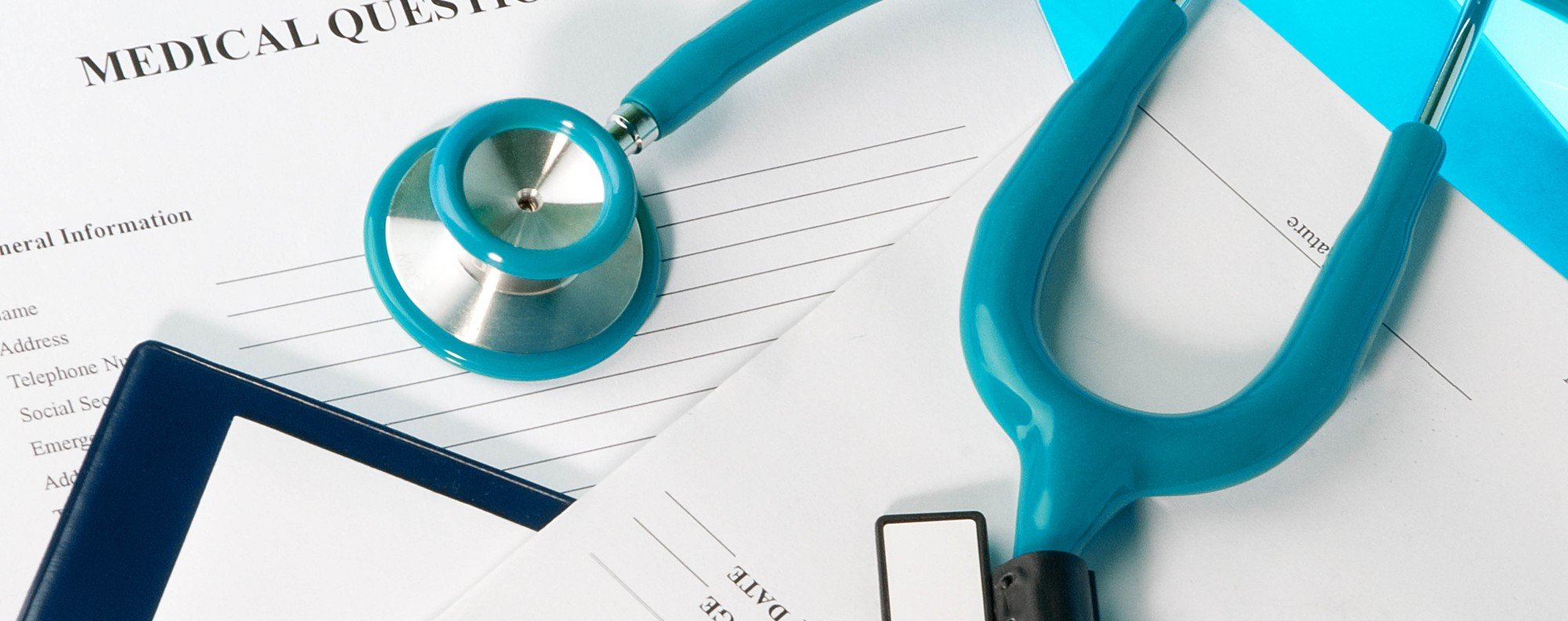
Topic
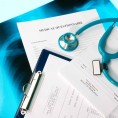
The expansion of public-private healthcare partnerships to allow some cancer survivors to seek follow-up consultations from private doctors is a welcome move.
Massive increases in public spending in health and care services are needed to cope with a growing ageing population and the rise in cancers
Work of US professor on the treatment and prevention of cancer shows how gene-editing can raise the quality of life for so many when ethical concerns are addressed
- Actress’ mammogram came back negative, but breast cancer risk assessment prompted tests that found tumours and led to Munn having a double mastectomy
- Risk assessment tools look at family history and other factors to help doctors evaluate a patient’s chances of developing breast cancer
Brain cancer can’t be headed off by changing lifestyles, unlike, say, lung cancer. There are various types of tumour, some more aggressive than others. Recent drug therapy advances show promise.
There are now 26 hospitals offering a fusion of traditional Chinese and Western medicine to treat a range of conditions, up from 8 last year.
Secrets of metastasis are key for researchers looking to create new early detection tools and therapies, says HKU cell biologist Alice Wong Sze-tsai.
Readers discuss how to help patients in long-term cancer management, concerns about Article 23 legislation, and why Hongkongers should cultivate a sense of gratitude.
A breast cancer survivor and a doctor give tips on how to deal with a cancer diagnosis, including focusing on treatment options, staying positive, asking questions and letting emotions out.
Readers discuss how to deliver prompt medical care to transgender people, the reclassification of a cancer drug, and climate panic.
AI tool especially good at identifying ‘smaller growths which might otherwise go undetected’ and progress to cancer if missed, Chinese University of Hong Kong team says.
Research team used ‘reduce and remove’ treatment, which allowed patients previously ineligible for transplant to undergo the operation.
A Thai Buddhist, Siriluck has fought cancer for 16 years, and says a good attitude and a belief in the healing power of your body are important, but so too are conventional cancer treatments.
Research involving 4,900 breast and ovarian cancer patients helps experts identify two new gene mutations.
Gabriel Yeung, 28, has been battling stomach and liver cancer over the past year and decided donation was best way to help kids suffering from disease.
Mammograms catch breast cancer early better than self-examination, and early detection increases a patient’s survival chances and reduces the need for total mastectomy and chemotherapy.
Xellera Therapeutics became the first biotech firm to receive licensing to make CAR T-cells locally in laboratory.
Scheme integrating Chinese and Western medicine launches at Princess Margaret Hospital.
Study reveals isoliquiritigenin lowers survival rate of cancer cells, according to Baptist University.
Costly new treatment allows doctors to increase radiation to tumours with minimal effect on healthy tissue
Readers discuss the Hospital Authority’s classification of a treatment option, the digital payments revolution, and the city’s talent policies.
Study participants with persistently positive test results are 17 times more likely to get disease later in life, researchers say.
The venture -the largest life sciences transaction in Asia this year – would also spearhead the development of a life science ecosystem in Hong Kong, and help the city’s position as a biotech hub.
Gene-edited white blood cells inhibited tumour growth in mice, according to study carried out by Chinese University.
Meet two friends who endured cancer together during the pandemic. Their journey highlights the importance of support for cancer patients, especially during global health emergencies.
Lymphoma survivors to receive up to 10 subsidised visits per year at private clinics of their choice.
An ex-Hong Kong firefighter credits TTFields therapy, a relatively new and non-invasive treatment, with keeping his aggressive brain tumour in check after chemotherapy failed.
More and better cancer drugs, vaccines, increased screening, blood tests, lifestyle changes and targeted therapy have greatly reduced death rates from cancer.
New approach combines three common liver cancer treatments, says Clinical Professor Albert Chan.




